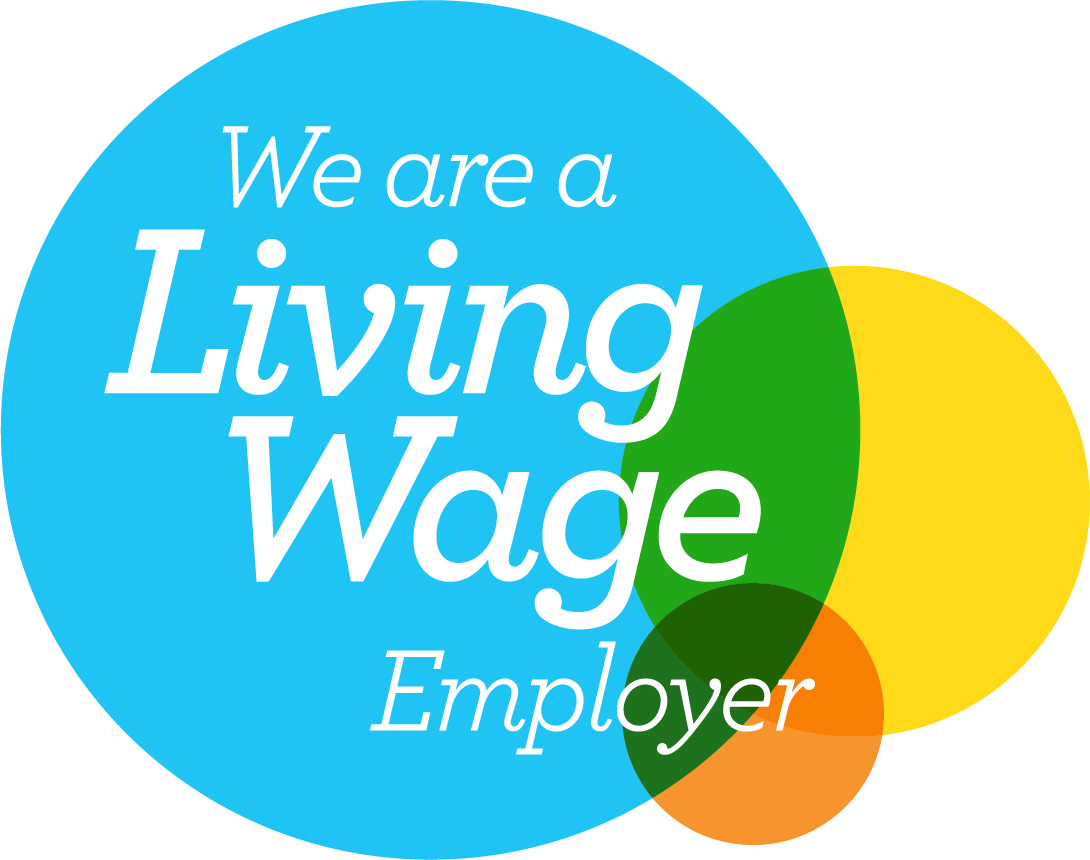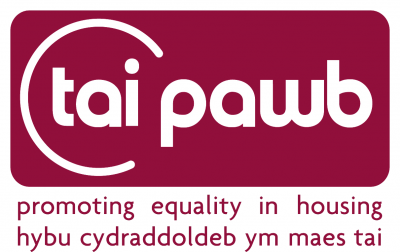Four ways Wales shaped LGBT+ history
15 Feb 2024
Uncategorised
February is LGBT+ History Month, an event which was created by the community to ‘claim our past, celebrate our present, and create our future.’
Hate has no home at United Welsh. We are proud to work with a diverse community of residents and staff and provide homes where everyone feels safe and empowered to be their authentic selves.
LGBT+ history and Welsh history are interwoven. Many icons of LGBT+ history have Welsh roots, and Welsh organisations and individuals have played significant roles in bringing about equality for the LGBT+ community.
Here are four ways Wales has shaped LGBT+ history.
South Welsh Miners support lesbian author Radclyffe Hall
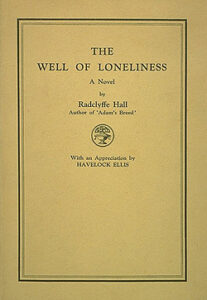
Radclyffe Hall was an English poet and author, best known for the novel The Well of Loneliness, published in 1928. The novel tells the story of a genderfluid woman named Stephen Gordon, who falls in love with a Welsh woman named Mary Llewellyn.
While the novel did garner positive reviews at the time, it has become infamous for being banned in the UK. The campaign to ban The Well of Loneliness on the grounds of obscenity was spearheaded by journalist James Douglas, who urged the Home Secretary Sir William Joynson-Hicks to supress its publication.
Many came to Hall’s defence, particularly the South Wales Miners’ Federation, who issued a letter of support to stop the book from being banned in 1929.
Welsh politician backs Sexual Offences Act
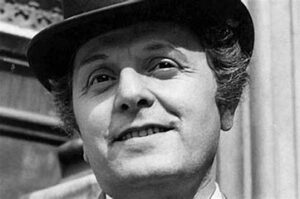
Leo Abse was a Welsh lawyer and politician whose career was characterised by his fight for gay rights, divorce, and fertilisation law reform.
Abse promoted the Wolfenden report’s recommendations to legalise sexual relations between two consenting adults in 1957. With support from Lord Arran, Abse was able to table the Sexual Offences Bill in 1966 alongside fellow Welshman Roy Jenkins (who was the Home Secretary at the time).
The Sexual Offences Act was finally passed in 1967.
LGBT+ community shows solidarity with striking miners
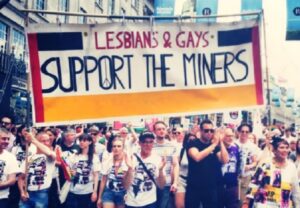
Founded by Mike Jackson and Mark Ashton, the London Lesbians and Gays Support the Miners group (LGSM) was formed in July 1984, four months into the year-long miners’ strike of 1984-5.
After organising a bucket collection to support the striking miners during the 1984 London Pride March, the group decided to do more to raise awareness of the cause. They created solidarity links with the South Wales mining community of Dulais and donated to the Nottinghamshire Women’s Support Group.
The money raised by the LGSM in collections at gay pubs, clubs, and the ‘Gay’s The Word’ bookshop was used to support striking miners and their families throughout the strike.
LGSM groups were established in ten other towns and cities across the UK, and an LGSM group was also formed in Dublin.
Wales’s first lesbian commitment ceremony in 2003
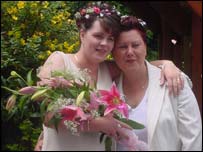
Julia Stamps and Lisa Slade became the first lesbian couple in Wales to sign a ‘gay partnership agreement’ during a special commitment ceremony in Swansea. Swansea Council was the first Welsh local authority to offer commitment ceremonies as an alternative to marriage.
While 12 same-sex couples in Wales had taken part in commitment ceremonies prior to Julie and Lisa’s big day, the couple from Barry were the first to formally sign the partnership register and receive a certificate.
Find out more about LGBT+ History Month here.



